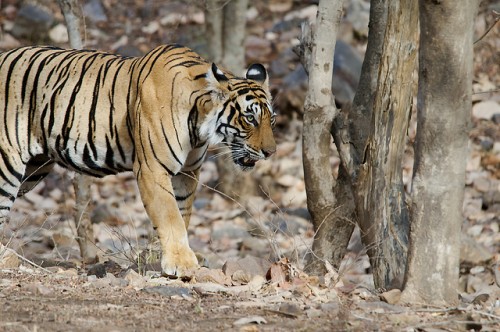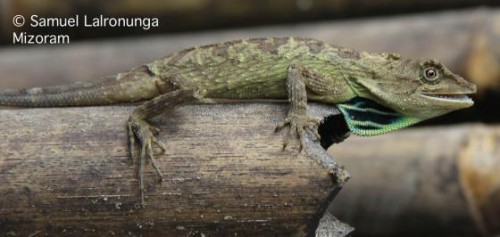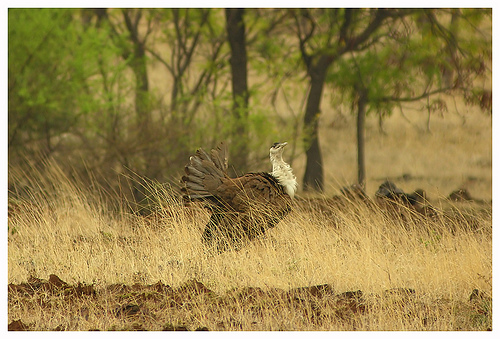World’s Largest Anti Wildlife Trafficking Sting Helps Rescue Animals and Plants Across 109 Countries including India.
Police and customs officials have carried out the most widespread anti-wildlife-trafficking operation ever in a joint global operation that’s led to the seizure of over 10,000 endangered animals and the arrest of nearly 600 suspects.
The World Customs Organization and Interpol said Wednesday that in June they conducted nearly 2,000 seizures in a historic joint-operation that helped local authorities round up nearly,
-10,000 live turtles and tortoises
-4300 birds
-Nearly 1,500 live reptiles
-23 live apes
-30 live big cats
-Hundreds of pieces of elephant tusk
-Half a ton of ivory
-Five rhino horns
Besides animal products, the Border Force has also seized plant species of orchids and cacti, rosewood ladders, as well as pills and dietary supplements which claim to help people to lose weight and contain products from endangered plant species.
Also Read: Bengal Becomes the Hub of Wildlife Trade in India
“It’s landmark. It’s the first time such a large joint network has been mobilized — across 109 countries,” Interpol’s wildlife expert Henri Fournel told The Associated Press.
“What we lacked in tackling wildlife crime was a concerted network and this is what we have now,” he added.

Interpol released searing images from the global trafficking haul: Thousands of protected tortoises crawling over each other in a dark container in Kazakhstan; an inquisitive-looking white tiger cub concealed in a pick-up in Mexico; and elephant tusks lined up symmetrically on the ground in Kenya.
In a statement, Interpol Secretary General Juergen Stock said: “Wildlife crime not only strips our environment of its resources, it also has an impact through the associated violence, money laundering and fraud.” The illegal wildlife trade is a multibillion dollar industry, authorities say.
Also read: Wildlife Bureau Hires Cyber Sleuths for Online Smuggling
Operation Thunderball, which operated out of Interpol’s innovation complex in Singapore, led to the arrest of 582 suspects, it said.
Among the discoveries was a ray of hope that some trafficking is slowing: The WCO said it noted slight declines in the seizures of certain species, “a sign that continued enforcement efforts are bearing fruit.”
Conservations groups globally have applauded the anti-trafficking push.
“This massive disruption of criminal networks is key to saving endangered wildlife across the globe,” the Wildlife Conservation Society said in a statement.
It warned, however, that seizures and arrests are only a first step, and that “governments now must follow up with strong, meaningful prosecutions.”
Your contribution (of as little as Rs.50/-) can help us keep bringing to you stories about lesser known species of India. o support our work by clicking here.
News via Associated Press





